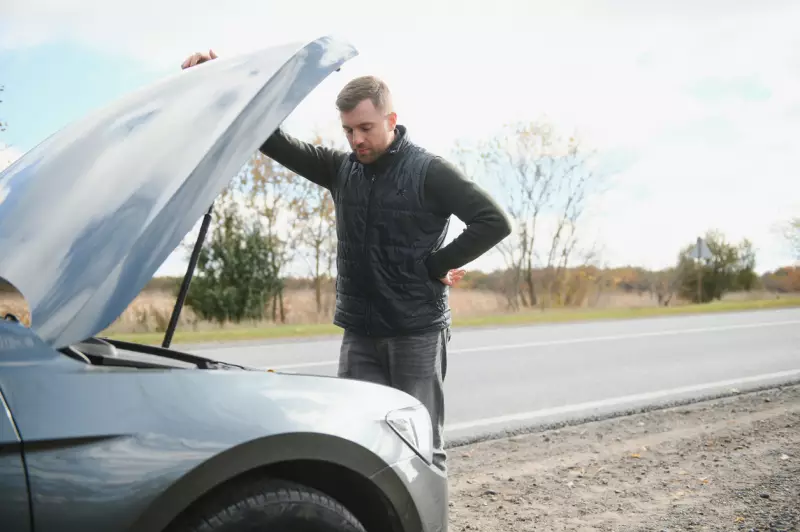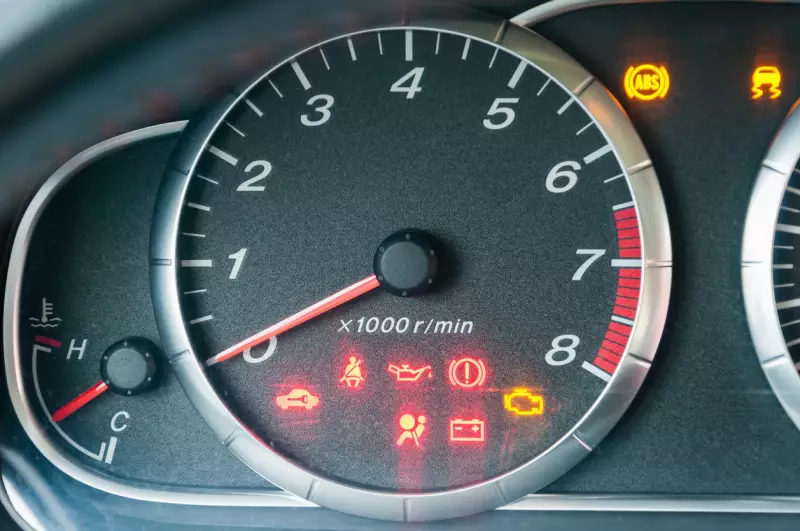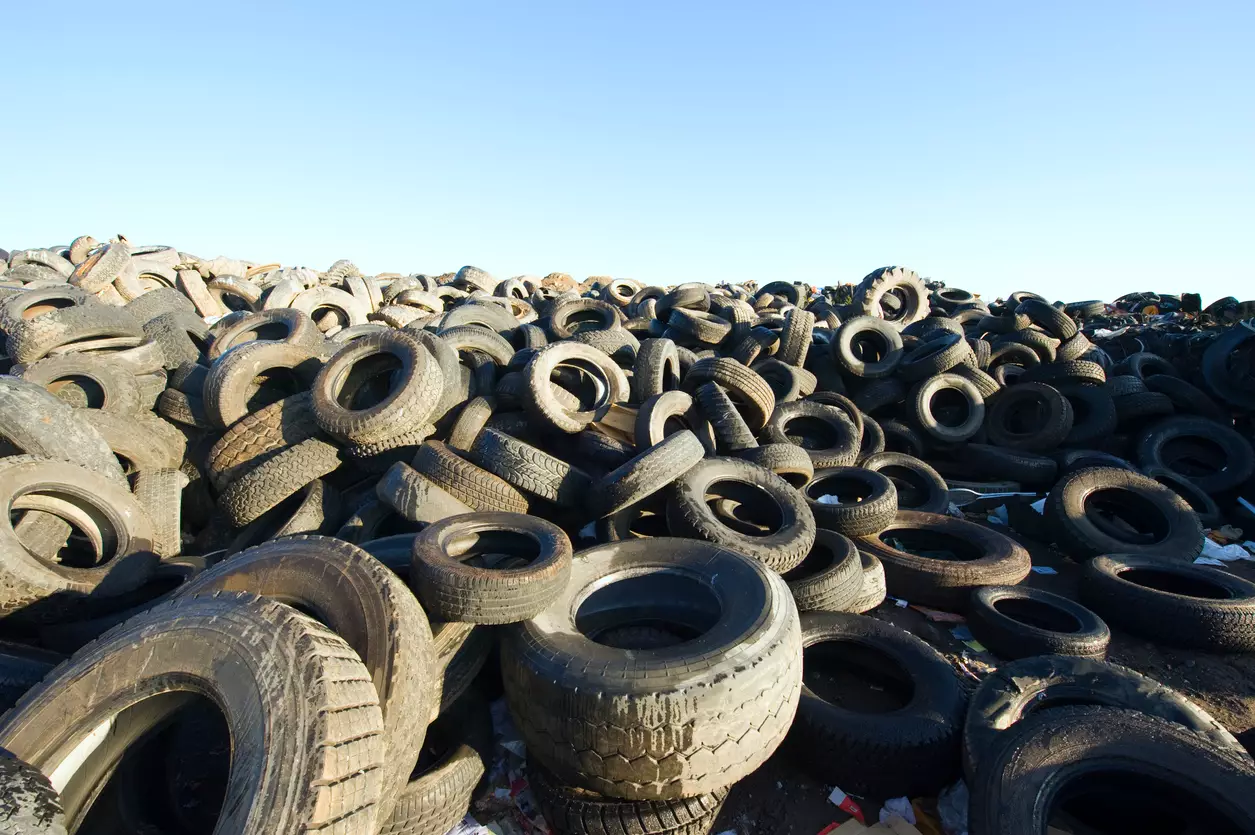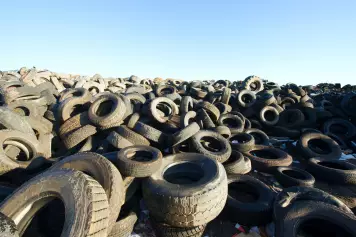A lot of us have been forced to deal with repair costs on overpriced cars or trucks, and the question becomes: Should I cut bait on the vehicle in front of me, repair the car, or trade or sell to get a newer model?
The answer boils down to what you believe: the vehicle's current value. Unless the car is a vintage model, look to get rid of it. Continually throwing good parts money after a failing car is never dollar-efficient.
Stop Repairing the Vehicle and Start Considering A Replacement - unless you're sure the repair is still more affordable than buying a new one. A common rule of thumb: using quality online resources such as Kelly Blue Book and GoodCar, when repairs exceed 50% of the car’s current value, consider a replacement.

Repair vs Replace: When is it Time to Get Rid of Your Car?
When a used car starts to go bad, the process is usually quick; once a major engine or suspension component goes down, anything attached to it generally fails in short order. The decision to move on is usually an expensive one as well. Experian says repair costs in 2023 were a bit less expensive than in previous seasons.
Here are a few things to look for:
- Every new or used car or truck depreciates, and some depreciate much quicker than others. Use KBB.com to get a value estimate, and if repairs run significantly over 50%, sell it.
- With older cars comes a scarcity of parts, which drives up repair costs. If the vehicle is in need of major repairs within a short period, it means oils and other fluids are breaking down quicker, leading to faster wear and tear.
- Depending on state regulations, cars that continue to fail emission inspections have a poor air/fuel mixture, dirty air filters, or exhaust system issues.
- Exhaust leaks or damaged catalytic converters are responsible for many of the repairs needed on older vehicles. Catalytic converters are one of the primary systems that an internal combustion engine uses to filter harmful gases from reaching the atmosphere.
Very few car buyers can boast of having a personal car mechanic on speed dial. Online resources are helping a lot of people value their used vehicles to make a wiser buying decision. Consider the following online resources: KBB.com, and RepairPal.
Older cars accumulate repairs rapidly if not maintained, and the cost to repair always seems like a logical expense. Buying a new car or truck foregoes repair costs for the foreseeable future; however, up-front costs are always a deterrent to buying new.
What To Do With A Car That’s Not Worth Fixing
There are tips for properly disposing of the vehicle or selling it privately, along with a few steps owners can take to ensure the car or truck is handled responsibly.
- Sell the vehicle to a private buyer or a dealership for a small sum.
- If you plan on buying a newer vehicle, the old vehicle can be a trade-in at the dealership.
- Donate the car to a charitable organization that will pick up the vehicle.
- Sell the useful parts, then dispose of the rest as scrap metal.
- Contact an auction company that deals with heavily damaged vehicles.
Always have a number in mind when selling a car for scrap. Try CarBrain to see if they would be interested. Make sure to always check the title to determine if the vehicle is salvaged or rebuilt before taking any action.
Warning Signs Your Car Is Becoming A Money Pit
Cars, like many other personal belongings, can quickly become a money pit if you are not aware of the signs. Always consider purchasing a newer vehicle when the cost of repairs exceeds 50% of the car’s value.
- Oil and coolant leaks are always going to be problematic and complicated to repair.
- A persistent check engine light indicates a range of potential problems.
- Vibrations and shaking indicate suspension problems.
- If the engine is constantly stalling, this indicates problems with fuel delivery.

What To Do To Make Your Car Last Longer
Older, well-maintained cars can save owners a lot of money and make a sound financial strategy in long-term transportation costs.
- Avoid harsh driving, which overtaxes the suspension and engine.
- Always keep fluids, oil and coolant, up to date.
- Regularly check tire pressures and consistently rotate the tires.
- Immediately take care of any dashboard warning lights.
- Keep the battery charged and up to date; weak batteries cause significant electrical problems.
- Use quality parts when it is time for replacement.
Perform a VIN history check with GoodCar prior to purchase. A quality VIN check gives insight into how maintenance was performed, current title status, and any prior accidents.


















